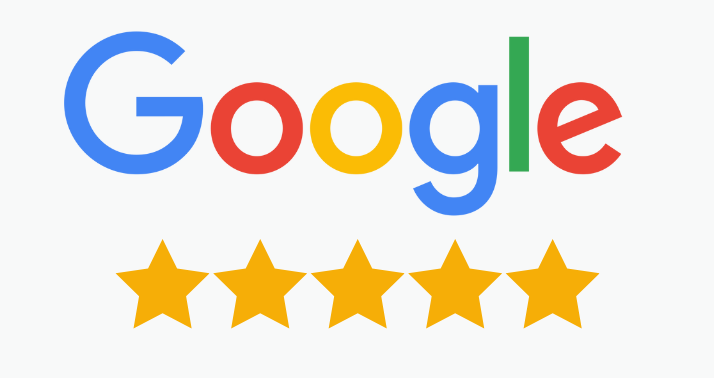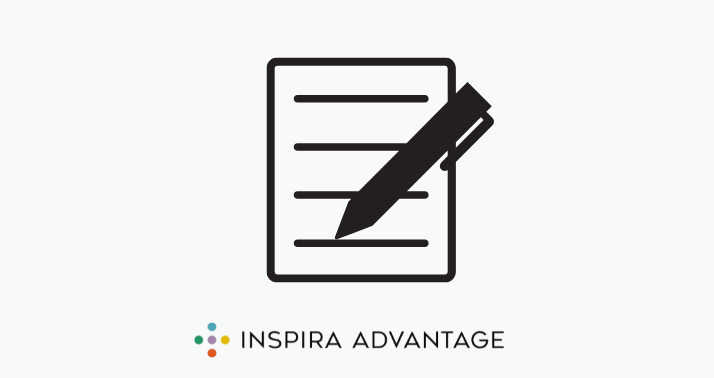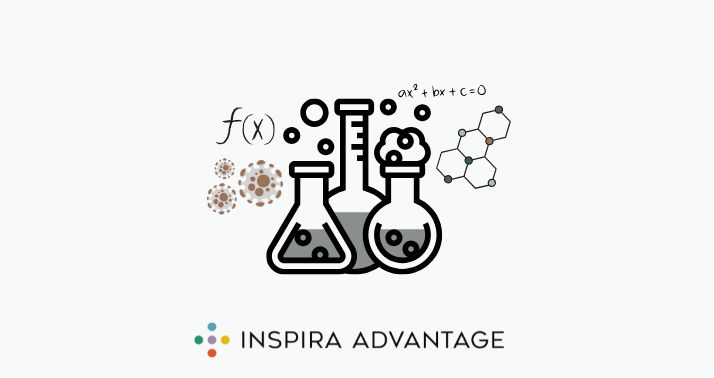Get in touch: (800) 727-0780
All Med Admissions Consulting Programs
For Freshmen
For Sophomores
For Juniors
For Seniors & Gap Year Students
For Career Changers
Research and Publication
All Dental Admissions Consulting Programs
For Freshmen
For Sophomores
For Juniors
For Seniors & Gap Year Students
For Career Changers
All PA Admissions Consulting Programs
For Freshmen
For Sophomores
For Juniors
For Seniors & Gap Year Students
For Career Changers
All Vet Admissions Consulting Programs
For Freshmen
For Sophomores
For Juniors
For Seniors & Gap Year Students
For Career Changers
Residency
BS/MD
MCAT
Subject Tutoring
DAT
USMLE
COMLEX
GRE
CASPer
Blog
Guides
Cheat Sheets
Free Tools
MCAT Practice Test
MCAT Question of the Day
MD and Dr Interviews
PA Program Directory
Vet School Directory
Our Team
Our Process
Parents
Video Reviews
Success Stories
Acceptance Letters
Case Studies
Free Events

Admissions Consulting

Medical
Dentistry
Consulting ProgramsFor FreshmenFor SophomoresFor JuniorsFor Seniors & Gap Year StudentsFor Career Changers
Physician Assistantship
Consulting ProgramsFor FreshmenFor SophomoresFor JuniorsFor Seniors & Gap Year StudentsFor Career Changers
Veterinary
Consulting ProgramsFor FreshmenFor SophomoresFor JuniorsFor Seniors & Gap Year StudentsFor Career Changers
Resources

Reviews & Admits

Admissions Consulting

Medical
Consulting ProgramsFor FreshmenFor SophomoresFor JuniorsFor Seniors & Gap Year StudentsFor Career Changers
Dentistry
Consulting ProgramsFor FreshmenFor SophomoresFor JuniorsFor Seniors & Gap Year StudentsFor Career Changers
Physician Assistantship
Consulting ProgramsFor FreshmenFor SophomoresFor JuniorsFor Seniors & Gap Year StudentsFor Career Changers
Veterinary
Consulting ProgramsFor FreshmenFor SophomoresFor JuniorsFor Seniors & Gap Year StudentsFor Career Changers
Resources

Reviews & Admits








.jpg)


.jpg)
.jpg)





.svg)

